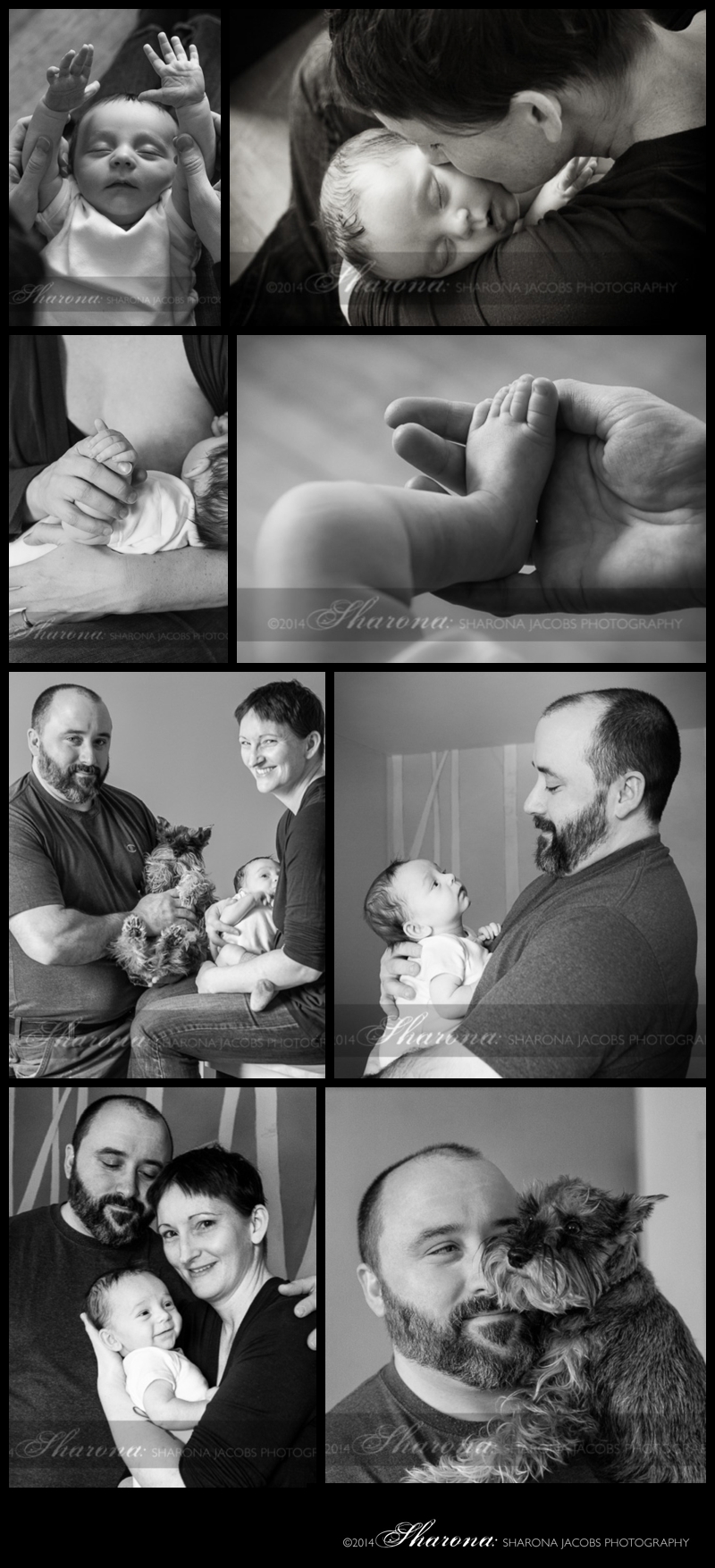In which our daughter celebrates another year, Star Wars-style.
Generally, this blog is dedicated to portraits and headshots of writers, academics, artists, and those with Very Large Brains (I've always enjoyed how A.A. Milne used creative capitalization). Today, I thought we'd take a brief break to be a bit a personal, and even a little bit silly, and give you a behind-the-scenes view of the non-photographer side of my life. Well, at least the side of my life in which I rarely use light modifiers and I'm not actually required to hold a camera (but end up doing so voluntarily).
My husband, Jeremy, and I have a rather sarcastic yet delightful daughter named Lilia, who recently turned eight. She enjoys Harry Potter books, zombies, karate, and is currently obsessed with Star Wars - a passion she strongly shares with her dad (I am Star Wars-supportive, but was brought up in a more Star Trek-loving family myself).
Jeremy, on the left, as a rather rabbinical-looking Jedi knight, and Lewis, on the right, a good friend from karate as a young Skywalker.
Susie as Leia, Lilia as Rey, our strong female protagonists (and buddies since age three and six months).
Together, the two of them dreamed up the idea to take over a local black box theater at the Arlington Center for the Arts, invite some of our kid's closest buddies, and pull together a home-made belated birthday party made almost entirely of stuff that Jeremy, Lilia, and our neighbors/adopted family members, James and Jean, made themselves. I'm not talking Pinterest-worthy stuff, just a few basics to make a bunch of kids happy and keep the adult Star Wars fans amused. Pool noodles were cut in half and silver-taped at one end to make light sabers that wouldn't create bludgeoning injury, a chocolate cake was baked by my husband (not fancy, but delicious, with the new Star Wars action figures nestled on top - including our strong females Rey and General Leia) and a bunch of activities were dreamed up that Jeremy thought would be fun.
The birthday girl getting her hair done by our neighbor, Jean, on the left. On the right, Jean and James, avid Star Wars fans, backed by the Death Star. They own a Shiba Inu dog named Princess Leia.
Coming from a theater background, Jer taught the kids some basic attack/defense sword fight choreography and then paired them up with their pool noodle light sabers. After that, still clutching their sabers, he organized them into groups to take turns pitching bean bags so that kids holding a light saber/now baseball bat could take a swing.
Jedi Jeremy teaching the young party-goers their fight choreography.
The grown-ups (take that with a grain of salt) showing the kids how it is done. Yes, that is me dressed as an Ewok. I take my dignity seriously, people. Photo credit: Elizabeth Rocco.
And finally, after Jer's Famous Mac n' Cheese (it deserves capitalization) and cake, the kids lined up to beat the stuffing out of a papier–mâché Death Star that Jer made out of a beach ball, flour, water, and the requisite silver and black paint. The brave adults standing guard kept blood from being shed while each child put their full effort into grabbing as much candy as possible.
The aftermath of Death Star Destruction.
While we all had a lot of fun, after a couple of hours, we were ready to calm down each sugar-charged, pool-noodle-armed kid, hand them back to their families, and go home for a brief nap.
Let there be cake. With action figures.






